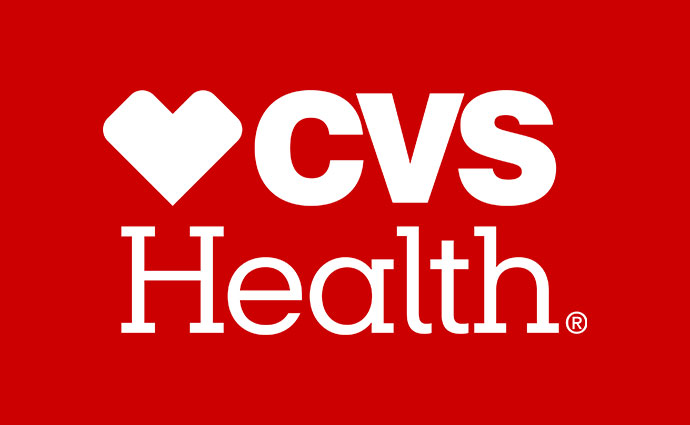CVS Health Contributes $9.2M to Address SDOH, Homelessness in DC
The payer’s contributions will go toward building a 41-unit housing development in DC that aims to reduce homelessness and increase access to affordable housing.

Source: CVS Health Logo
- CVS Health is investing $9.2 million in affordable housing for Washington DC residents to help address social determinants of health and racial care disparities, including housing insecurity and homelessness.
The project is the result of a collaboration between the payer, the NHP Foundation—a not-for-profit organization committed to preserving and creating sustainable, affordable housing for low-income families—and Legacy Real Estate Development.
The funds will go toward building an affordable housing development consisting of 41 units to boost housing stability and health outcomes in the DC area.
“When people have access to high-quality, affordable housing, it puts them in a better position to take care of their health and manage chronic disease,” David Casey, senior vice president and chief diversity officer of CVS Health, stated in the press release.
“As part of our commitment to address social justice and racial inequity, we’re addressing social determinants of health at the community level, which is where we can make a meaningful and lasting impact.”
The housing development will be called “17 Mississippi Apartments” after its location on 17 Mississippi Avenue in DC’s Ward 8. The collection of studio, one-bedroom, and three-bedroom apartments will be available to families and individuals depending on their specific needs and circumstances, the press release stated.
Residents must have incomes at or below 50 percent of the area median income in DC in order to qualify for a unit in the housing development.
The nation’s capital has a high poverty rate of 18.6 percent, which is higher than the 12.7 percent national average.
Nine units will be reserved for people experiencing homelessness or people in need of mental health support, while another nine units are designated for income-qualified artists.
Homelessness is a major social determinant of health and can have significant health consequences, especially during the COVID-19 pandemic. Data has shown that homelessness and unstable housing are associated with a high risk of COVID-19 re-infection.
The project will ensure residents receive additional support that may help address social determinants of health barriers, according to CVS Health. A non-profit mental health agency, Community Connections, will offer life skills resources including counseling and services for members of the homeless community, family and youth services, recovery and treatment programs, and employment resources.
“Our investment in the DC community will provide safe housing with direct access to care, a commitment that will have a direct impact on the local community for years to come,” Mike Bucci, president of Capitol Market at Aetna, said in the press release.
The District of Columbia Housing Finance Agency, Citi Community Capital, and the DC Department of Housing and Community Development’s Housing Production Trust Fund are also helping to fund the project.
The housing development is currently under construction and is expected to be completed by mid-2023.
This is not the first time CVS Health has worked to address social determinants of health in underserved communities.
Aetna, CVS Health’s payer arm, launched a pilot program in November 2020 that leveraged pharmacist communication to address social determinants of health among Medicaid beneficiaries. The payer provided pharmacists with targeted messages and information about social determinants of health needs that they could then pass on to beneficiaries when they picked up their prescriptions.
In May 2021, CVS Health also expanded its community-based health program, Project Health, which provides at-risk communities with preventive care services such as blood pressure, cholesterol, and body mass index screenings.
